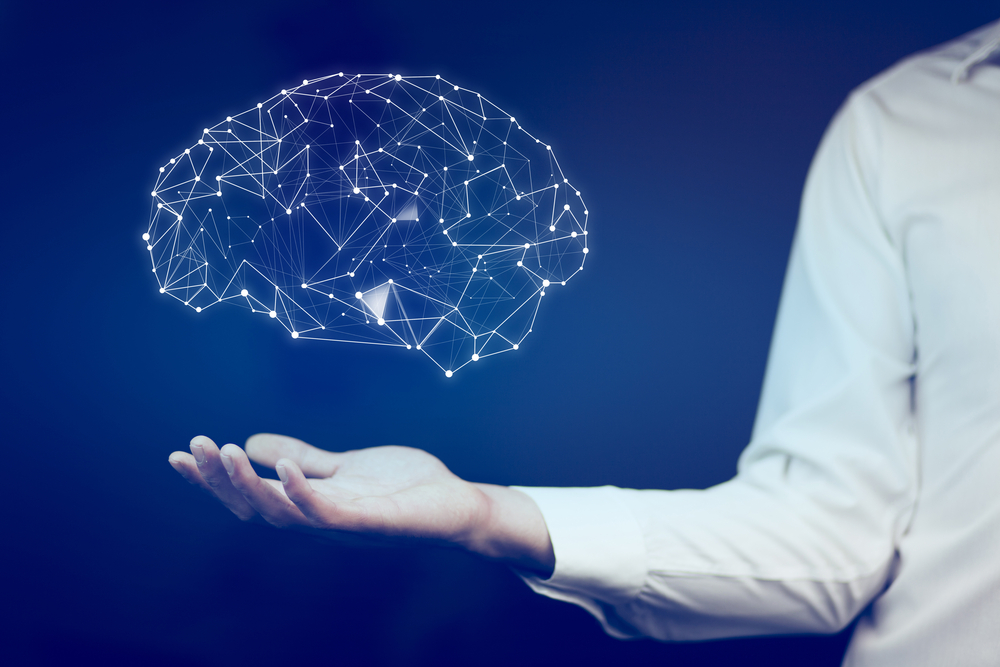Eisai and Biogen to Continue Phase 2 Alzheimer’s Therapy Trial for Six More Months

Eisai and Biogen had hoped that using an advanced statistical method to analyze Phase 2 clinical trial results would show at 12 months rather than the normal 18 that their Alzheimer’s therapy BAN2401 was effective.
But an independent trial review body declared the 12-month results inconclusive, so the Japanese and American partners have announced that they will continue the trial for 18 months. This means the final results are expected in late 2018, they said.
The Study 201 trial (NCT01767311) involves 856 people with early Alzheimer’s. Reseachers divided them into six groups. Five received different doses of BAN2401 and one a placebo.
Eisai used a scale it devised called the Alzheimer’s Disease Composite Score to assess patients’ condition after 12 months of treatment.
The partners will use both the Eisai scale and an index called the Clinical Dementia Rating Sum of Boxes to evaluate patients at 18 months.
They will also use PET scans to measure the amount of harmful beta amyloid protein in patients’ brains and MRI scans to measure the volume of their hippocampus brain regions. Beta amyloid clumps in the brain are a hallmark of Alzheimer’s.
The definition of effectiveness that Eisai and Biogen came up with had to do with their therapy’s ability to slow patients’ functional decline better than a placebo. If it reduced functional decline by 25 percent or more, compared with the placebo, it would be considered effective.
Researchers used Bayesian analysis to evaluate the 12-month findings. The statistical approach is designed to allow researchers to assess interim findings while a trial continues.
Bayesian analysis yielded inconclusive results at 12 months, however — so the partners will continue the trial until they hit the 18-month mark.
“By using Bayesian statistics in this uniquely designed trial, we had hoped that it would enable us to demonstrate clinical success faster than more traditional study designs,” Dr. Lynn Kramer, the chief medical officer of Eisai’s Neurology Business Group, said in a press release.
“We now await the final study analysis, which will be conducted after 18 months of treatment,” Kramer said. Eighteen months “represents an amount of treatment time that is considered as appropriate for assessing efficacy in disease-modifying agents for Alzheimer’s disease.”
Tokyo-base Eisai is a global pharmaceutical company that develops diagnosis methods and treatments for dementia. Biogen develops treatments for neurological and neurodegenerative diseases.






